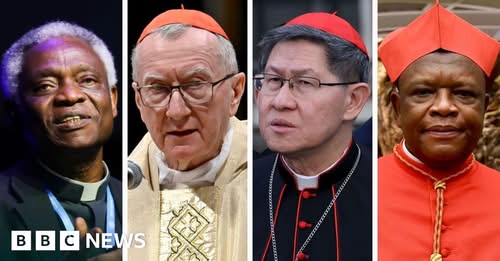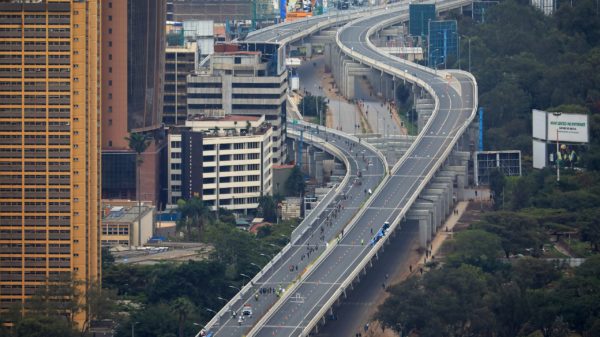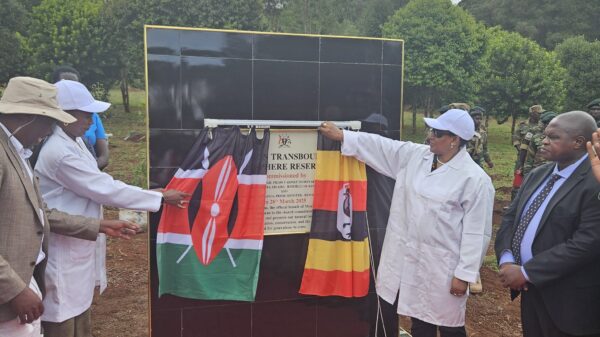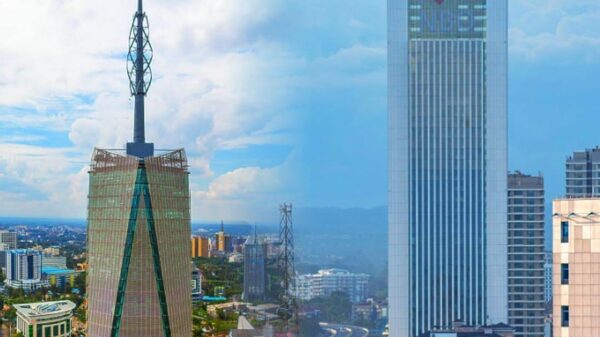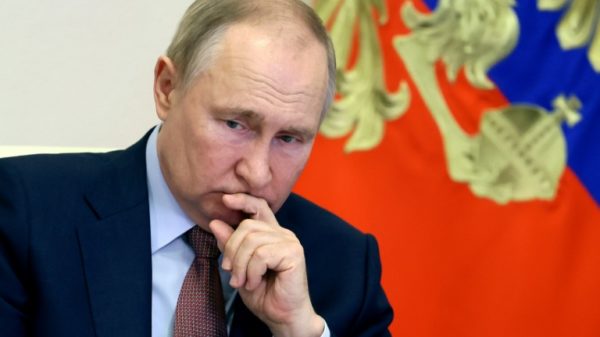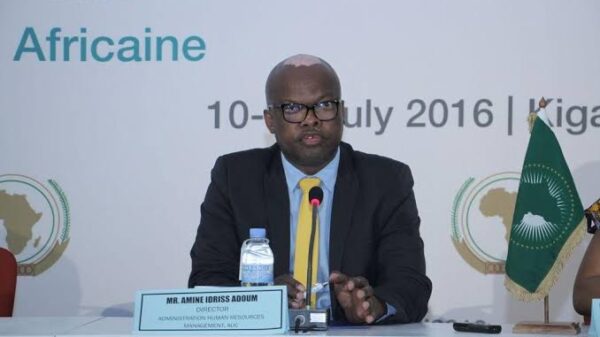NAIROBI, Kenya, Apr 14 – Public Service, Human Capital Development and Special Programs Cabinet Secretary nominee Geoffrey Ruku has denied claims that the controversial Assemblies and Demonstration Bill he sponsored was intended to curtail Kenyans’ constitutional rights in favor of the Executive.
Appearing before the National Assembly Committee on Appointments chaired by Speaker Moses Wetang’ula, the Mbeere North MP defended the Bill, stating it was designed to protect vulnerable groups including children, the elderly, and the sick from the adverse effects of chaotic demonstrations.
“I was seeking to ensure that demonstrations in the Republic of Kenya are conducted without loss of life, destruction of property, or disruption to essential services. We’ve seen schools closed during protests. This Bill aims to balance the rights of demonstrators with the rights of those not participating,” said Ruku.
Lawmakers, including Minority Leader Junet Mohamed and Pokot South MP David Pkosing, pressed Ruku to explain whether his legislative efforts were influenced by the Executive and aimed at restricting civil freedoms.
On a point of order, Junet Mohamed insisted that Article 37 of the Constitution guarantees the right to assemble and picket without the need for additional legislation. He argued that Ruku’s Bill introduces unconstitutional limitations.
“The Constitution is clear: every person has the right to assemble, demonstrate, and picket, as long as they are peaceful and unarmed. It doesn’t require an enabling law. By introducing extra conditions like protecting school-going children and the elderly you’re ndermining constitutional rights,” Mohamed said.
“The perception is that you’re fighting against transparency and accountability, and thus promoting corruption,” Pkosing said. “You attempted to amend the Data Protection Act and now you’re pushing this demonstration bill.”
In his defense, Ruku argued that the Bill was timely, given recent waves of protests by opposition supporters and Gen Z activists, which have occasionally turned violent and led to the invasion of public property, including Parliament.
“The Constitution allows for peaceful demonstrations, not armed riots. We’ve witnessed the destruction of highways, loss of lives, and vandalism of property. This Bill seeks to uphold the original intent of Article 37,” he added.
The proposed Assemblies and Demonstration Bill, 2024 seeks to bar protests on highways and other critical public spaces, citing the need to maintain public order. If passed, it would grant the Interior Cabinet Secretary authority to set strict conditions for how demonstrations are conducted.
Currently open to public participation, the Bill has stirred significant public debate over its potential impact on civil liberties, with human rights groups warning it could lead to the criminalization of public dissent.
The proposed law introduces the position of a “regulating officer” empowered to collect demonstrators’ details, impose conditions, reschedule or even deny permission for protests. It would also allow law enforcement to cancel or restrict gatherings deemed unsafe, while giving the Interior CS sweeping powers to set protest regulations.

